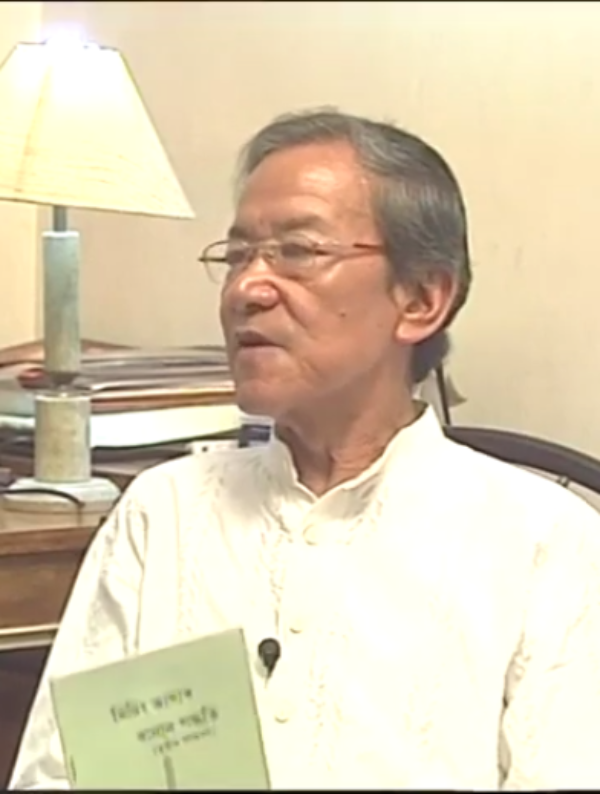award winners
Tabu Taid, assam
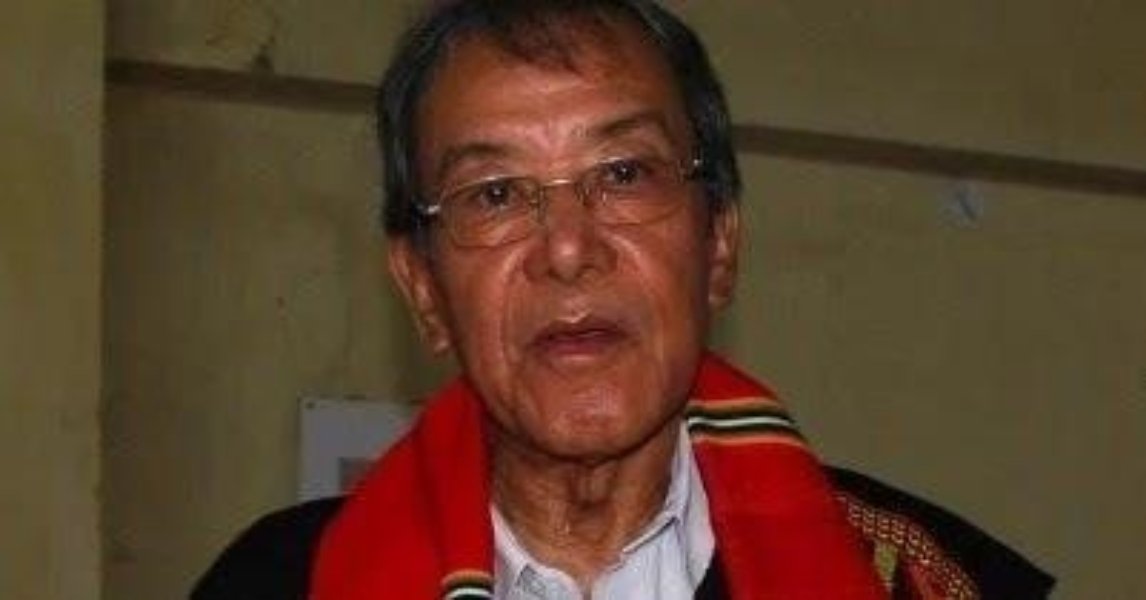
Prof. Tabu Ram Taid was a renowned academic, writer, and teacher who worked towards developing the Mising language and culture. He received various awards and accolades, such as the esteemed 'Bhasha Samman Award' by the Sahitya Akademi for his remarkable contribution to Mising literature and Assamese culture. His zeal to popularize education and the heritage of his tribe left an indelible mark in Assam.
The Mising tribe are the indigenous inhabitants of Assam with a distinctive cultural heritage, language, and tradition. It was the work done for the Mising Agom Kebang Commnity by Taid that served to preserve their customs and language. By such endeavours as his, the Misings have been able to preserve their linguistic and cultural identity, the revival of Mising language as a part of educational curriculum being one example.
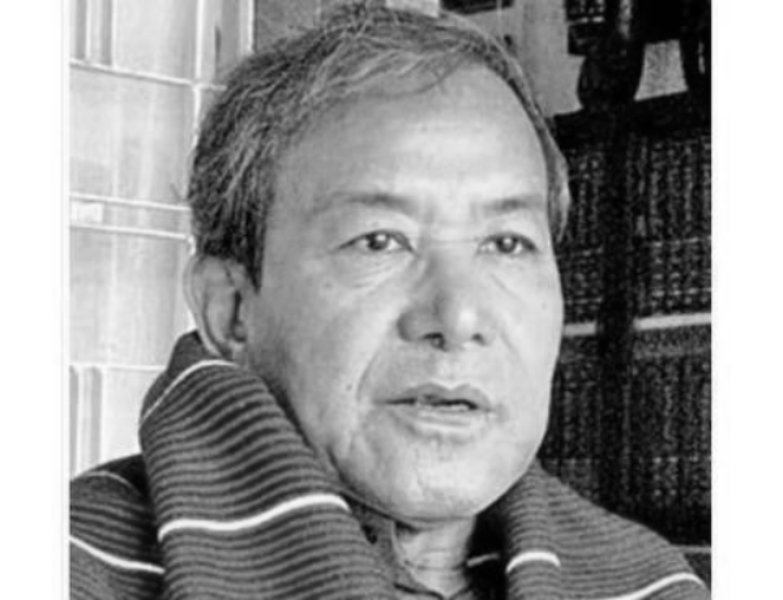
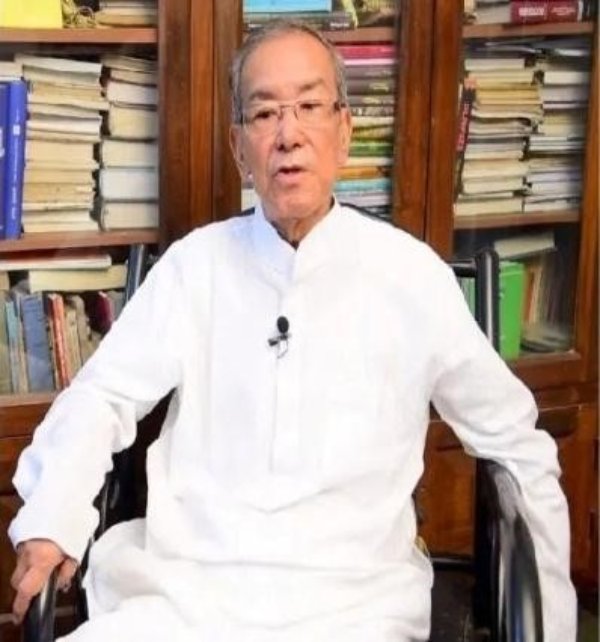
Born on the 1st of august 1942 in a far-flung Assamese village, Taid faced extreme difficulties in pursuing his education. With few resources available, he was a top student and became a teacher, eventually occupying senior roles in schools throughout Assam. These early experiences set the tone for his lifelong commitment to improving education and elevating the Mising language, making him a leading figure in Assamese literature and educational reform.
Taid's impact was not limited to education; he played a significant role in promoting Assam's language, literature, and cultural policies. He worked for the Mising Agom Kebang Community to promote the revival of the Mising language, wrote dictionaries, and published studies that provided international exposure to the Mising language. His membership in state and national educational boards facilitated the introduction of language preservation and modernization programs, significantly contributing to Assam's tribal communities.
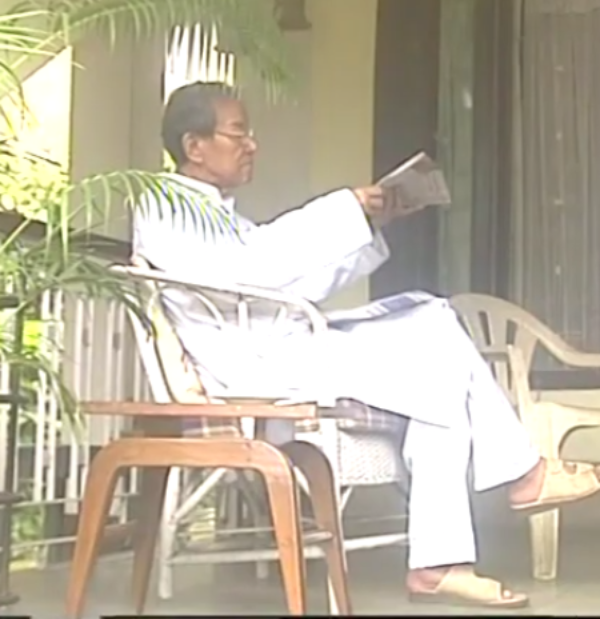
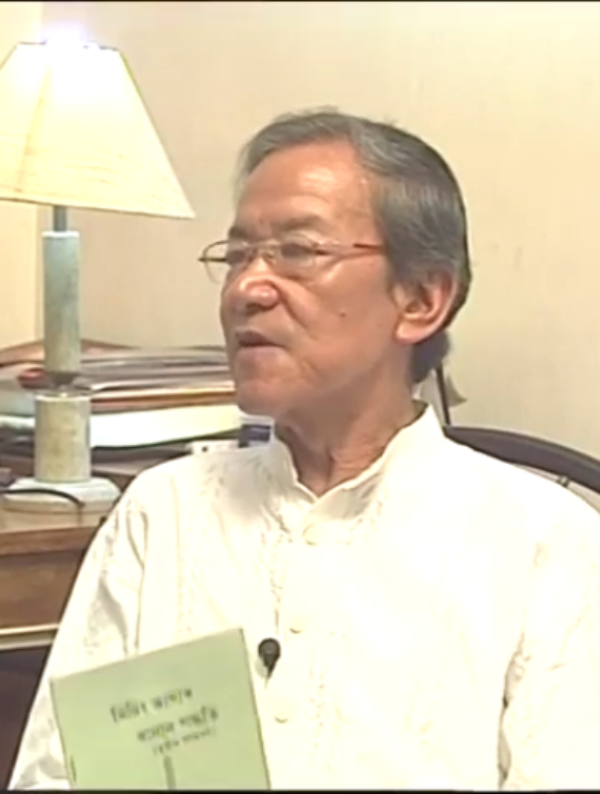
Prof. Taid's prizes, such as the Sukapha Award, Basudev Jalan Award, and the honorific title 'Axom Shreshtho 2015,' confirm his profound influence on Assamese culture and Mising heritage. His commitment to education and linguistics influenced generations, instilling pride in Assam's indigenous languages. His research work, advocacy, and leadership endeared him to Assam, hailing him as a trailblazer in language preservation and cultural evolution.
